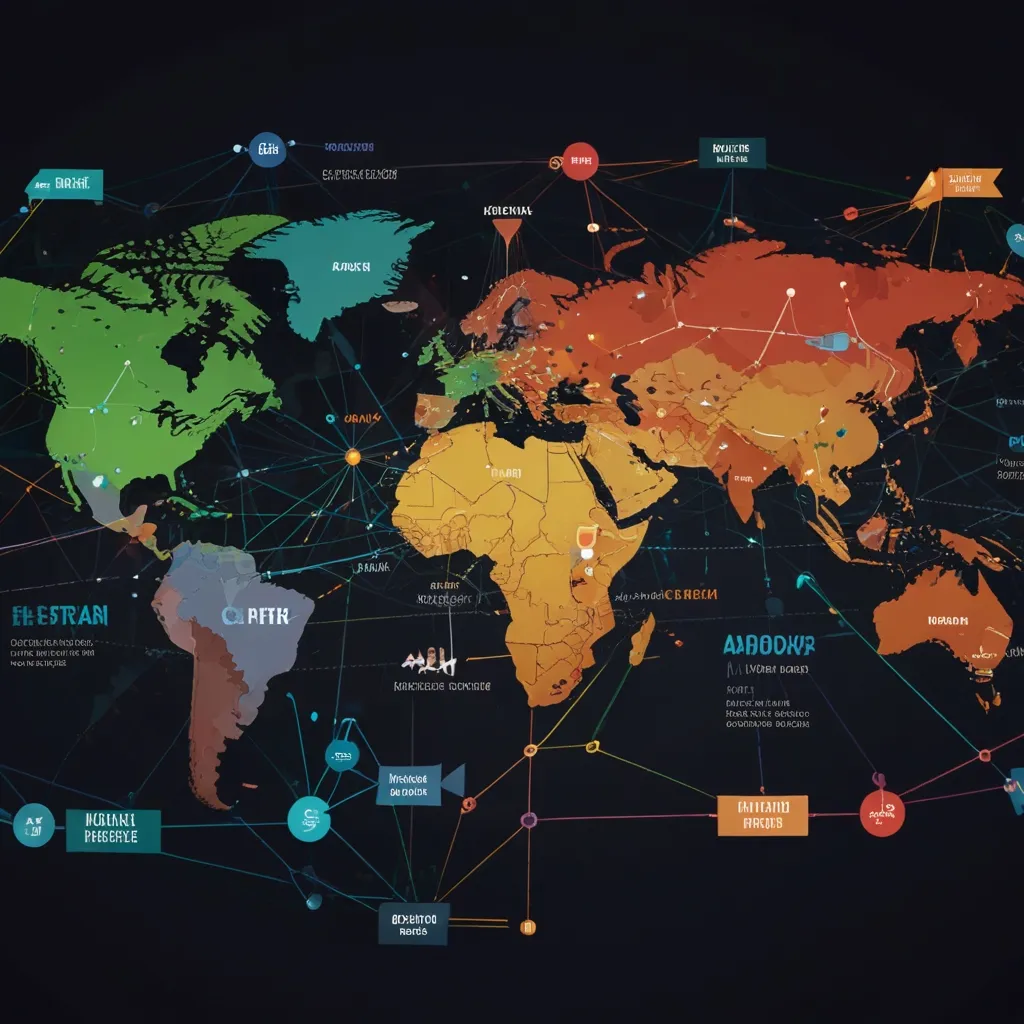Investing in international markets is a savvy way to spread your investment bets and benefit from the growth of economies worldwide. Before diving in, it’s crucial to grasp some basics to make the journey smoother.
Why go international? Spreading your investments across different regions helps balance out risks. If your home market dips, foreign markets might just pick up the slack. Plus, other economies might be booming, and who doesn’t want a piece of that action?
So, how do you get in on it? One popular route is via American Depository Receipts (ADRs). These are US-traded securities that give you a stake in foreign companies without the hassle of dealing with another country’s stock exchange. It’s like having a VIP ticket to the global market right from your home turf.
Mutual funds and ETFs (Exchange-Traded Funds) are also solid choices. They pool money from various investors to buy a mix of assets, including foreign stocks. Mutual funds come with active management, while ETFs stick to tracking specific indexes. Both options take the heavy research load off your shoulders, leaving it to professional managers.
Feeling brave? You could go straight for foreign stocks by opening a global account with a local broker or even with a broker in the target country. Beware though, this route can get pricey, comes with more tax headaches, and you’ll need top-notch support.
If you prefer a simpler approach, investing in multinational corporations (MNCs) might be your speed. These firms operate across various countries, giving you some international exposure without the complexity. But remember, MNCs might still be heavily rooted in their home countries, so you won’t fully tap into foreign markets.
There’s always a flip side. Foreign markets can be trickier, with less regulation leading to higher risks of fraud or market manipulation. Currency risk is a factor too, as exchange rate fluctuations can impact your returns. Staying updated on international news and happenings is also a bit more challenging.
Despite the risks, the potential rewards make international investing appealing. Do your homework on political and economic conditions in the countries you’re eyeing. This knowledge equips you to make better decisions and sidestep some pitfalls.
All in all, adding international markets to your investment portfolio can be a smart move for diversification and tapping into global growth. Whether you’re into ADRs, mutual funds, ETFs, direct stocks, or MNCs, each path has its benefits and trade-offs. Keep your goals, costs, and risk appetite in mind. With a bit of strategy and know-how, you can confidently navigate the world of international investing.






